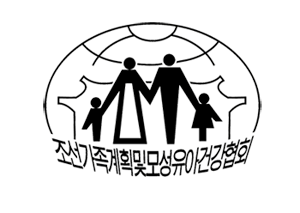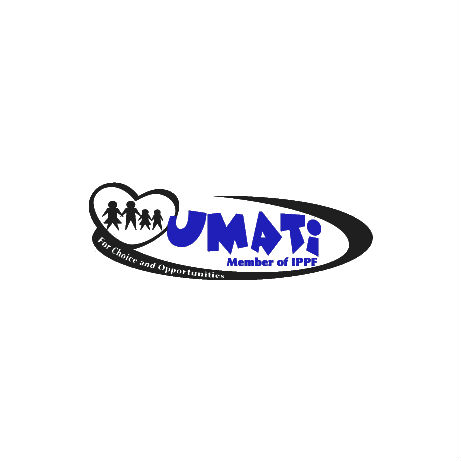

| 31 March 2016
Korean Family Planning & Maternal Child Health Association of DPRK
The Democratic People’s Republic of Korea (DPRK): Family Health Association of Korea (FHAK) formerly Korean Family Planning & Maternal and Child Health Association (KFP&MCHA) was established in 1990. Family Health Association of Korea is actively supported by the government to diversify family planning services and to improve their quality. One of the major challenges is geographic inequality. 80% of the country’s land mass is mountainous, with mining constituting a major industry. Large numbers of people live in this area, working in coal and mineral mines and forest stations. Fertility rates are much higher than in large urban areas, the contraceptive prevalence rate is much lower, and the number of trained family planning advisers is limited. FHAK has targeted these people with reproductive healthcare and information, education and communication (IEC) programmes. Contraceptive prevalence has increased, and the method mix has shifted significantly from IUD to pills, condoms and sterilization. In 2010, FHAKdelivered 538,000 condoms and 138,000 sexual and reproductive health services through 17 service points, including 9 permanent clinics and 8 mobile facilities. The Democratic People’s Republic of Korea (DPRK): Family Health Association of Korea (FHAK) is actively supported by the government to diversify family planning services and to improve their quality. One of the major challenges is geographic inequality. 80% of the country’s land mass is mountainous, with mining constituting a major industry. Large numbers of people live in this area, working in coal and mineral mines and forest stations. Fertility rates are much higher than in large urban areas, the contraceptive prevalence rate is much lower, and the number of trained family planning advisers is limited. FHAK has targeted these people with reproductive healthcare and information, education and communication (IEC) programmes. Contraceptive prevalence has increased, and the method mix has shifted significantly from IUD to pills, condoms and sterilization. In 2010, FHAK delivered 538,000 condoms and 138,000 sexual and reproductive health services through 17 service points, including 9 permanent clinics and 8 mobile facilities.

| 31 March 2016
Uzazi na Malezi Bora Tanzania
Chama cha Uzazi na Malezi Bora Tanzania (UMATI) UMATI (Chama cha Uzazi na Malezi Bora Tanzania (UMATI) was established in 1959 and became a full IPPF Member Association in 1973. Since then, it has developed a comprehensive range of sexual and reproductive health (SRH) services for the Tanzanian people. UMATI operates 33 services points which include 13 permanent clinics and 19 community-based distributors/community-based services (CBDs/CBSs). UMATI’s services are maintained and delivered by 120 permanent staff, 120 peer educators and a youth action movement membership of 250. UMATI also runs an extensive programme of home-based care and support for people living with HIV and AIDS (PLWHA). Voluntary counselling and testing (VCT) is a central part of UMATI’s HIV and AIDS prevention and treatment work. The organization is also highly active in promoting screening services and providing infertility diagnosis and counselling. UMATI collaborates closely with and/or receives funding from the Ministry of Health and non-governmental organizations (NGOs) such as Youth Incentives, AMREF, the Japanese Organization for International Cooperation in Family Planning (JOICFP), GTZ, SIDA, Youth Incentives and AMREF. Website: www.umati.or.tz







